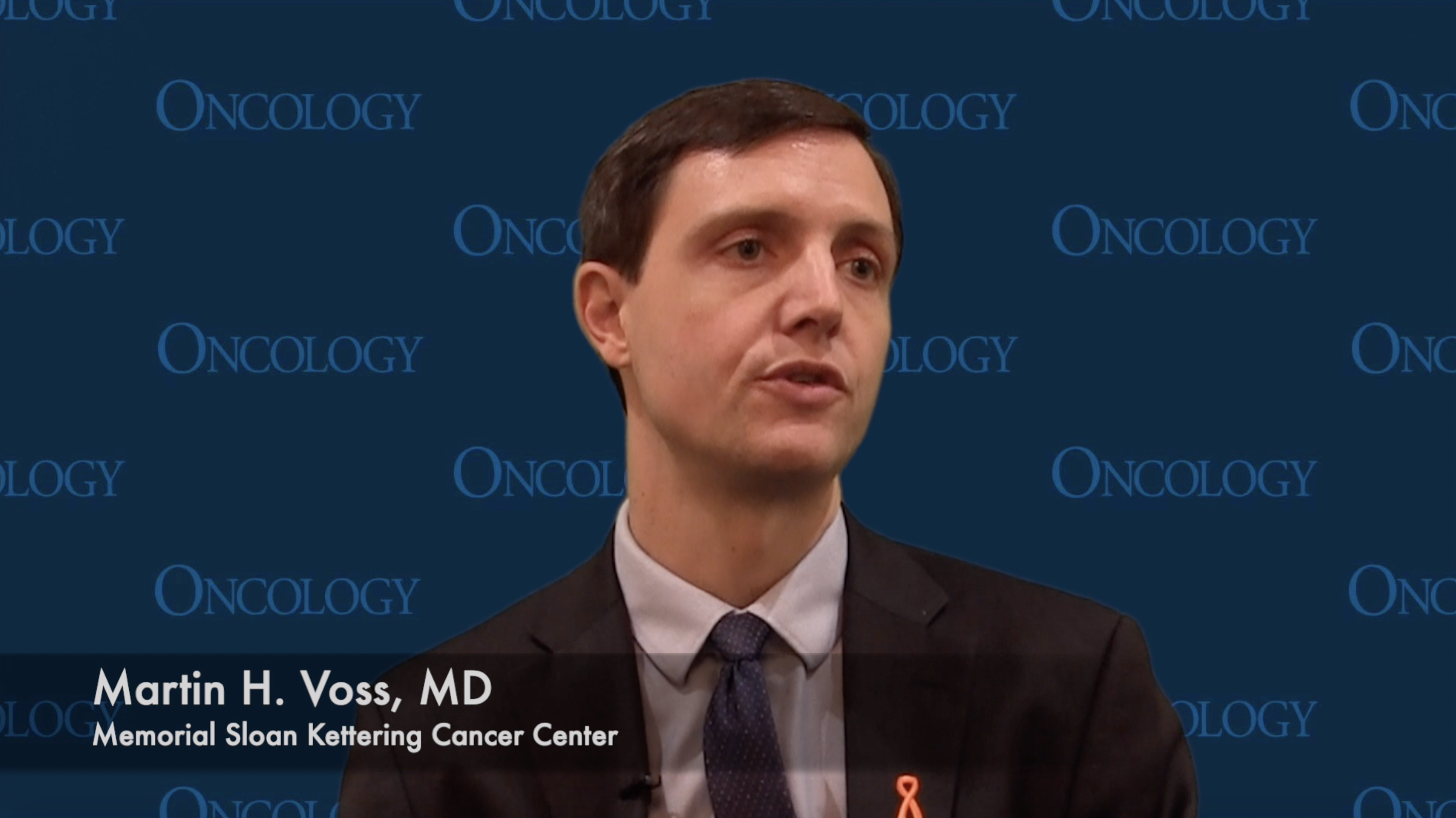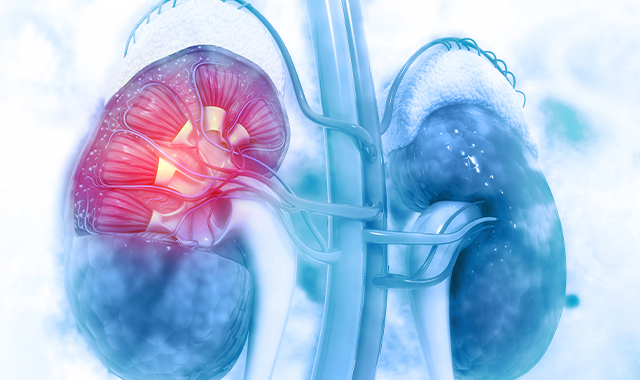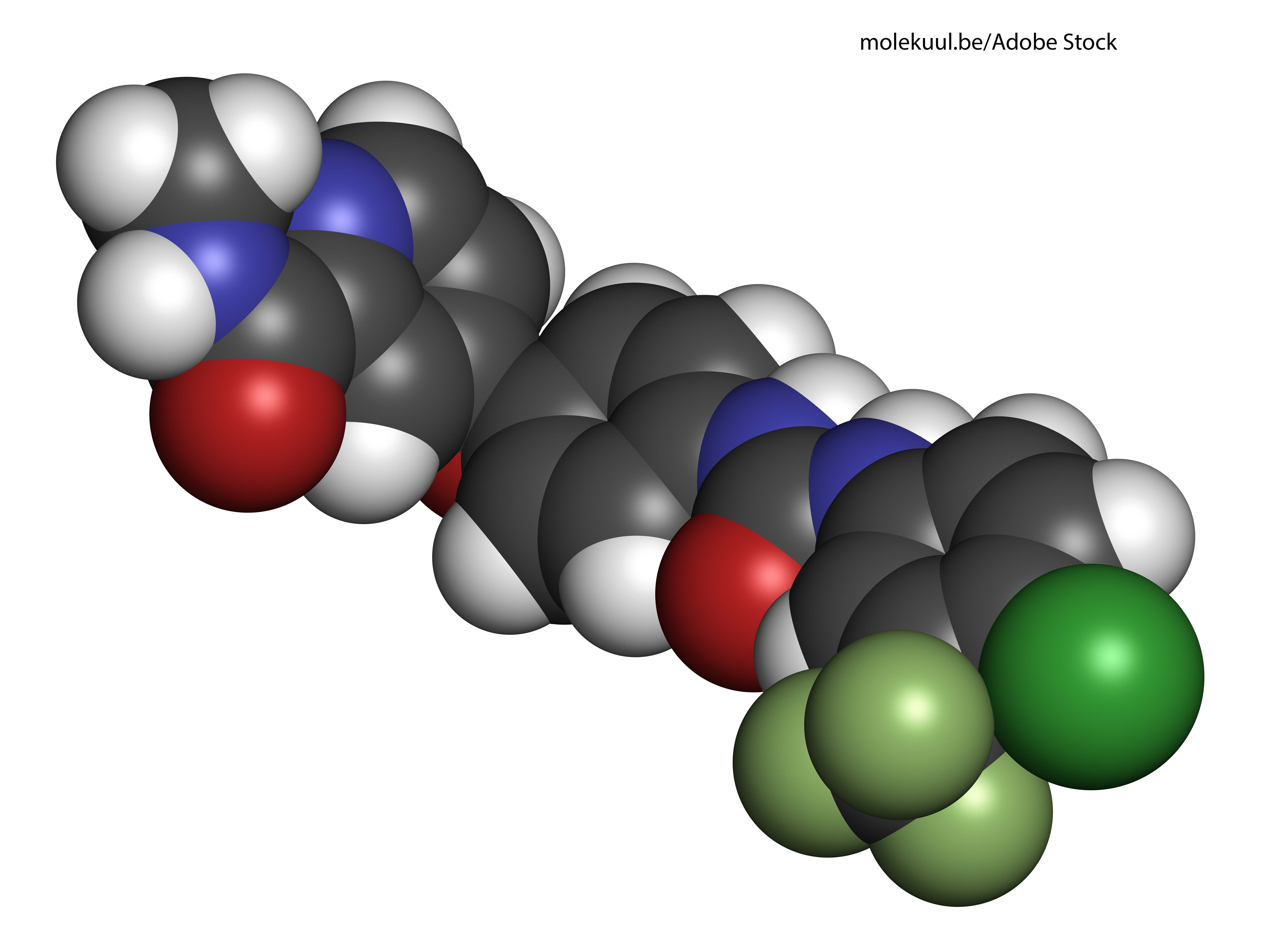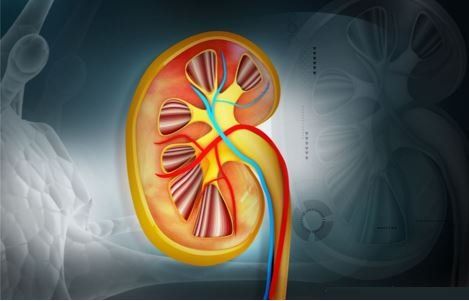
Kidney Cancer
Latest News
Latest Videos

CME Content
More News
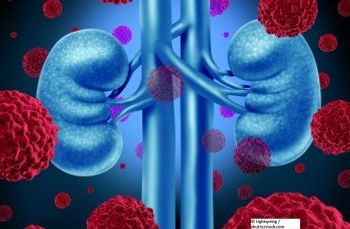
A new study looked at targeted vs nontargeted therapy in real world patients with renal cell carcinoma.

Nivolumab had limited efficacy against previously untreated brain metastases in patients with metastatic renal cell carcinoma, according to recent trial results.

An interim analysis of the CheckMate 920 phase IIIb/IV trial evaluated nivolumab plus ipilimumab in advanced renal cell carcinoma patients with brain metastases.

Cancer Network spoke with Daniel George, MD, of Duke Health, about the treatment landscape and current trials for renal cell carcinoma.

The KEYNOTE-426 study evaluated pembrolizumab plus axitinib vs sunitinib in patients with metastatic RCC with intermediate/poor risk disease and those with sarcomatoid features.

In this randomized phase III trial, researchers compared cytoreductive nephrectomy vs sunitinib alone in patients with metastatic renal cell carcinoma.
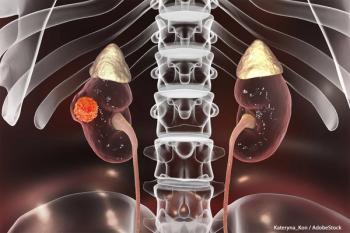
The phase II IMmotion150 study evaluated disease- and treatment-related symptoms in RCC patients receiving atezolizumab alone or in combination with bevacizumab vs sunitinib.
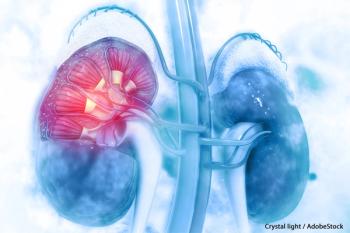
Findings from a planned subanalysis of IMmotion151 looked at combination atezolizumab and bevacizumab in patients with RCC and sarcomatoid histology.

The study of sequential treatment of pazopanib followed by nivolumab in advanced or metastatic renal cell carcinoma looked at benefit-risk profile and survival.
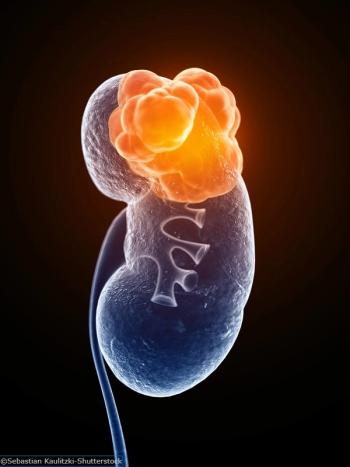
The study investigators evaluated the survival benefit of pazopanib in metastatic renal cell carcinoma patients with no evidence of disease after metastasectomy.
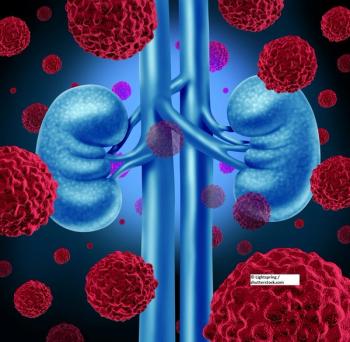
Progression-free survival was compared for the VEGF TKI tivozanib vs sorafenib across multiple subgroups of refractory advanced renal cell carcinoma.

The bar for the standard of care among patients with advanced renal cell carcinoma is set high as various promising combination therapies recently received FDA approval.

This review summarizes the current evidence supporting the use of SBRT as treatment for inoperable renal cell carcinoma, as well as provides recommendations for patient selection and reviews the technical aspects of treatment and the expected toxicities.
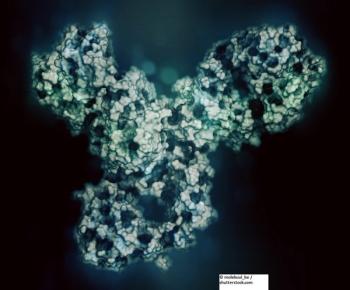
In this installment of Oncology Drug Updates, updates to FDA approvals for pembrolizumab in the treatment of lung cancer and RCC are highlighted.
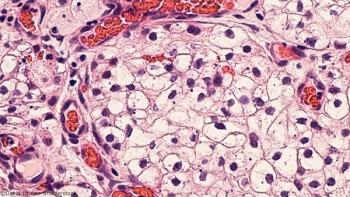
Analyzing somatic and germline mutations and MSI may reveal clinically actionable mutations in a proportion of patients with advanced RCC.

A recent study in The Lancet Oncology suggests that the benefits of one tyrosine kinase inhibitor may extend to other subtypes of RCC.

Research presented at ASCO GU 2019 compared PFS with avelumab and axitinib vs sunitinib in patients with advanced renal cell carcinoma.
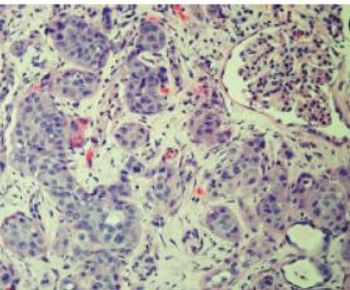
A 64-year-old man is diagnosed with primary squamous cell carcinoma within the upper pole calyceal diverticulum of the kidney. What are the best steps of management?

Treatment with pembrolizumab plus axitinib improved response and survival compared with sunitinib in patients with advanced, or metastatic clear-cell renal cell carcinoma.

Delayed dose escalation may be an option for mRCC patients with concerns about drug-related toxicity or quality of life optimization.
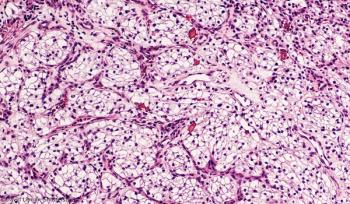
A study found the gene mutations key in patients treated with first-line TKIs, and useful additions to a risk model that stratifies patients with mRCC.

A study shows stage III renal cell carcinoma patients with nodal disease may need to be reclassified.
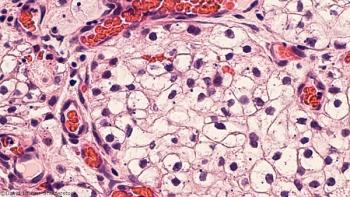
A study shows RCC patients overall response rate did not decline from the first‐line to the fourth‐line of IO therapy.
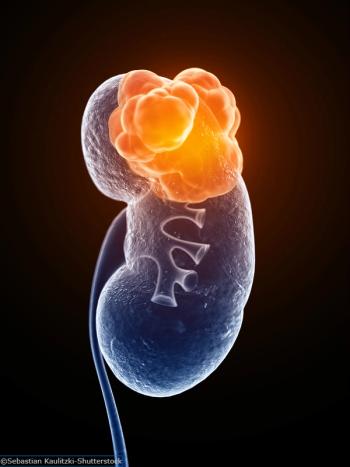
A radiographic measure may help clinicians distinguish between benign renal oncocytoma and chromophobe renal cell carcinoma.
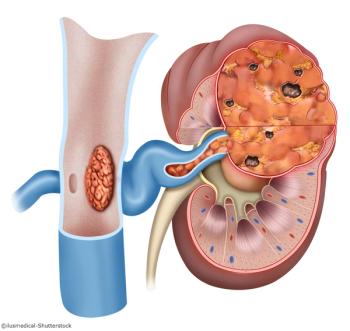
A study shows T1a RCC patients have improved overall survival when receiving partial nephrectomy compared with radical nephrectomy.


